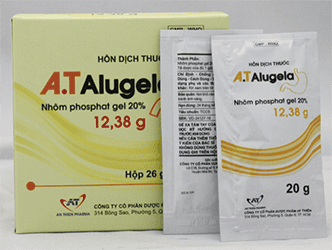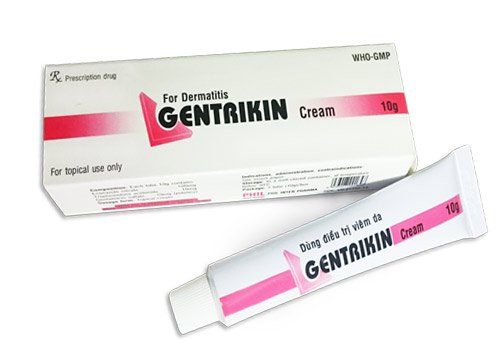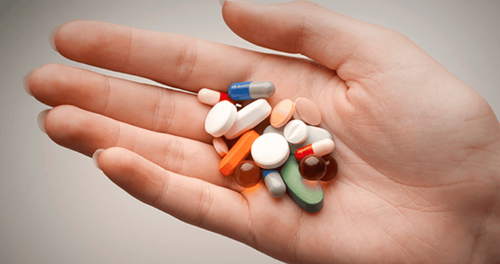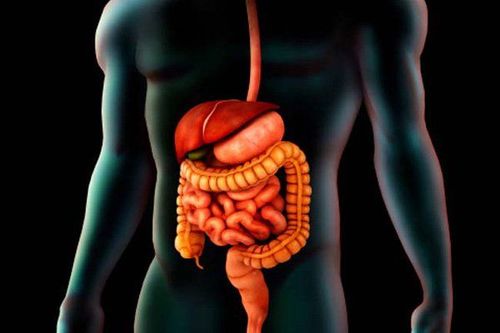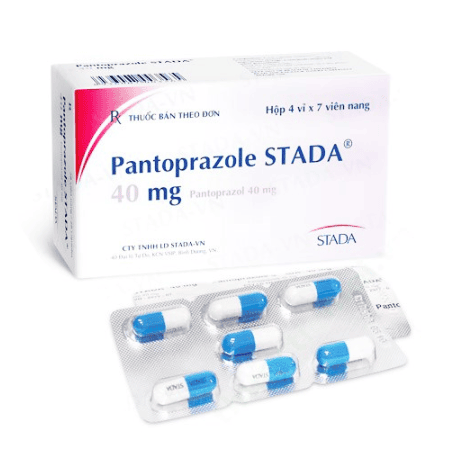This is an automatically translated article.
People with digestive or ileal problems need to build a healthy diet, ensure a full supply of nutrients for the body and prevent dangerous digestive diseases.
1. What is the ileum?
In fact, very few people know "what is ileum?", this is the posterior part of the jejunum and duodenum, which accounts for about half of the lower length of the small intestine. In the body, the ileum is connected to the colon through the ileocecal valve.
Structurally, the ileum consists of 4 layers like in the gastrointestinal tract of the human body. The outer ileum is a peritoneal system that supplies blood vessels. The inside of the ileum plays a role in transporting digested food along the mucosal layers, intestines as well as the lining.
The main function of the ileum is to absorb bile acids, vitamin B12 and any digestive products that have not been absorbed by the jejunum. The ileum is often susceptible to the following health problems:
Tuberculosis . Crohn's disease. Neuroendocrine tumor. Blood cancers, eg lymphoma.

Trong cơ thể, hồi tràng sẽ được nối với đại tràng thông qua van hồi manh tràng.
2. Good diet for the ileum
Your dietary needs as well as the foods that your body can tolerate will depend on how healthy the ileum is. For people who have just had surgery, the intestines need a certain amount of time to adapt. Therefore, the type and amount of food consumed by the patient's body will play an important role.
Here are the steps to help you have a good diet for the ileum as well as the digestive system after surgery:
The first few weeks to a month after surgery, you should have a diet with less raw food. This will give the intestines time to heal and prevent blockages caused by swelling. These raw foods usually include, whole grains, fresh fruits and raw vegetables. Add the food back slowly to see how your body reacts. Pay attention to eat regularly, slowly and chew thoroughly; Avoid skipping meals or eating too much food at once. These principles will help your ileum digest food more easily, reduce gas, and control the frequency of bowel movements. After an appropriate period of time, you can resume your diet as usual. In addition, you should also learn which foods are good for digestion or have a laxative effect. Besides, the doctor also recommends that you avoid consuming carbonated drinks, using straws, cigarettes or chewing gum, as they tend to increase gas in the body. You should also make some changes to your diet if your stools appear to be very thick. Foods that work to thin the stool include: Apple juice, grape or prune juice, cooked vegetables and canned fruits. Be careful with foods that can cause constipation, such as bananas, apple sauce, rice, peanut butter, and cheese. Drink at least 8-10 glasses of water a day, including water, vegetable juice or broth, but do not consume too much at one time. For extra electrolytes, you can drink children's electrolyte solutions, such as Ceralyte, Pedialyte, or sports drinks. In case, if the above lifestyle changes don't work, you should see a gastroenterologist or talk to a dietitian to find the right remedy.
Please dial HOTLINE for more information or register for an appointment HERE. Download MyVinmec app to make appointments faster and to manage your bookings easily.
References: Mayoclinic.org




